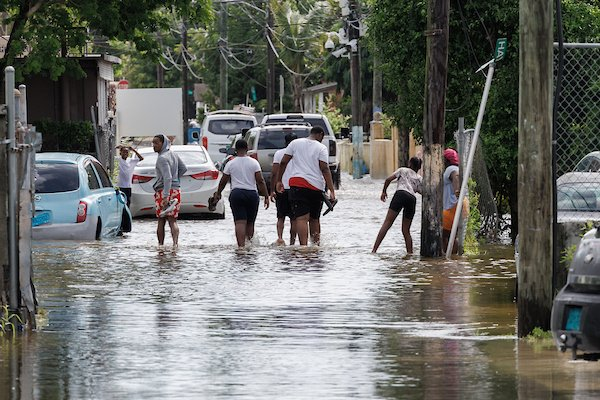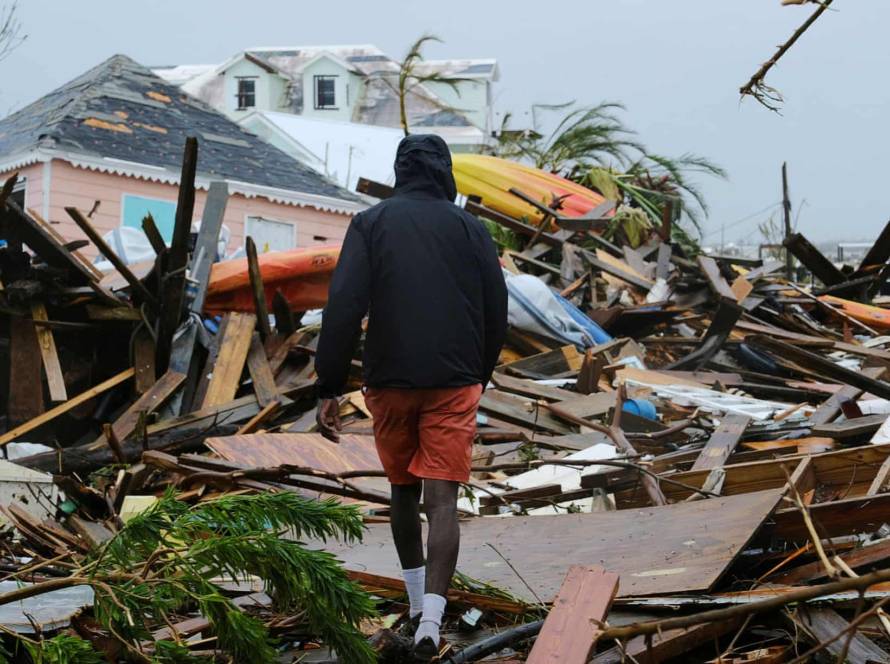In November 2021 we watched as world leaders and scientists gathered at COP 26 to discuss our global fight against Climate Change. Our leaders were quick to point to the links between climate change and the growing intensity and frequency of natural hazards such as hurricanes, floods, and droughts. Small Island Developing States made it known that “we cannot outrun your carbon emissions” and that “we cannot outrun rising sea levels as our islands disappear beneath the seas”. However, there is another element behind the tremendous losses we face in the wake of a natural hazard, that few politicians or climate leaders mention.
There is no such thing as a natural disaster.
When natural hazards that are influenced by climate change, like floods, hurricanes, droughts and heatwaves become disasters, it is because of societal vulnerabilities. Vulnerability is a product of social, economic, political and environmental factors and inadequate planning or governance. These limitations or shortcomings in societal inequalities, unplanned urbanisation, social injustice and lack of risk-informed planning lead to disproportionate damage, loss and suffering for vulnerable groups. Therefore, focusing only on climate change leaves our leaders absolved of making effective policies and planning while failing to ‘climate-proof’ our people and communities.
Mainly blaming the changing climate for the new breed of disasters we now face simply deflects responsibility of adapting to natural hazards.
Certainly climate change has a hand in what we are experiencing now, but so does poor risk planning. While to fix one requires decades of transnational cooperation, the other requires intentional planning and investing locally to fix our landscape. Focusing on the climate of it all just creates a convenient narrative for politicians to use to justify their reactivity rather than improving their proactivity. This deflection also leads to repeated harmful impacts as we continue to see these issues like climate-related disasters as “things out of our control”, “natural”, or “Acts of God”.
So there is no doubt that climate change is a crisis multiplier and exacerbates existing issues and hazards. But it may be counterproductive to always focus on climate change as the cause of disasters, as it distracts from creating local strategies to combat vulnerabilities to extreme weather events. At COP 26 we watched small, poor, and vulnerable nations plead to rich nations that promised billions of dollars to help adapt to this changing climate. We should put this money to use in accelerating proper planning and management, as well as climate adaptation initiatives.
In the words of The Honourable Prime Minister of Barbados Mia Mottley, “When will we as world leaders across the world address the pressing issues that are truly causing our people angst or worry? Simply put: when will leaders lead?”
So let’s not only blame Climate Change.




1 Comment
phlwinph
I enjoyed reading this article. Thanks for sharing your insights.